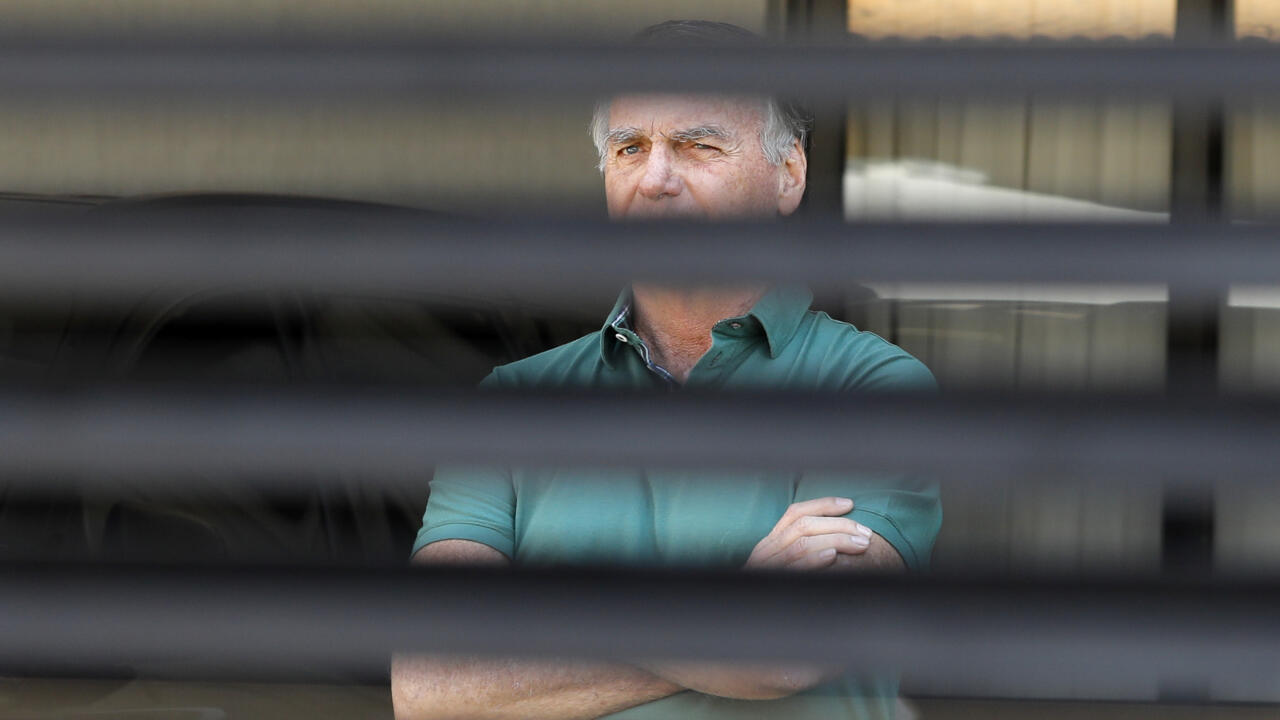Brazil's Former President Convicted of Attempted Coup
Brazil’s former President Jair Bolsonaro was convicted by the Supreme Court on September 11, 2025, for attempting a coup and plotting to assassinate President Lula, receiving a sentence of over 27 years in prison.

Brazil’s Supreme Court delivered a historic verdict on September 11, 2025, convicting former President Jair Bolsonaro of attempting to use military force to overturn the 2022 presidential election and plotting to assassinate his successor, President Luiz Inacio Lula da Silva. The court sentenced Bolsonaro to more than 27 years in prison, marking an unprecedented moment in the country’s democratic history.
The ruling followed months of investigation into Bolsonaro’s actions after his narrow defeat in the 2022 election. According to the court’s findings, Bolsonaro orchestrated a plan involving senior military officials to challenge the election results and forcibly remove Lula from office. The court also found credible evidence that Bolsonaro was involved in a plot to assassinate President Lula, further intensifying the gravity of the charges.
Supreme Court Proceedings and Evidence
The Supreme Court’s decision was based on extensive testimony, intercepted communications, and documents seized from Bolsonaro’s inner circle. The justices concluded that Bolsonaro’s actions constituted an attempt to “abolish democracy” in Brazil. The trial was closely watched both domestically and internationally, with the court’s majority opinion emphasizing the need to uphold the rule of law and protect democratic institutions.
Political Fallout and International Response
The conviction has sent shockwaves through Brazil’s political landscape. Supporters of President Lula have hailed the verdict as a victory for democracy, while Bolsonaro’s allies have denounced the proceedings as politically motivated. The ruling has also drawn international attention, with foreign governments and organizations expressing support for Brazil’s judicial process. The United States, in particular, has been monitoring the situation closely, given the parallels drawn between events in Brazil and recent political turmoil in other democracies.
Security and Misinformation Concerns
In the wake of the verdict, Brazilian authorities have increased security around key government buildings and officials, anticipating possible unrest from Bolsonaro’s supporters. Social media platforms have seen a surge in misleading narratives about the trial, prompting fact-checking organizations to issue clarifications and warnings about the spread of false information. The government has urged citizens to rely on official sources for updates and to avoid sharing unverified claims.
The conviction of a former president for attempting a coup and plotting an assassination is unprecedented in Brazil’s modern history, underscoring the country’s ongoing struggle to safeguard its democratic institutions in the face of political polarization and disinformation.